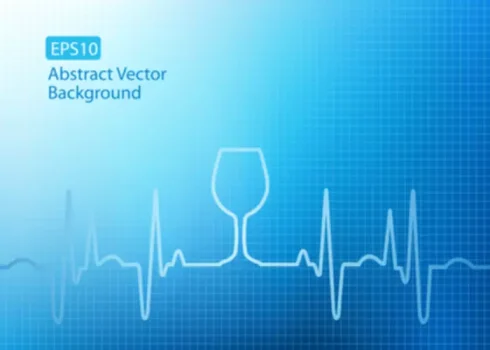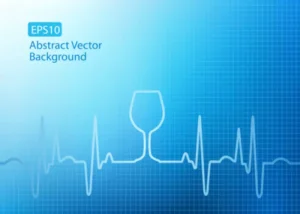
We cannot guarantee payment or verification eligibility as conveyed by your health insurance provider will be accurate and complete. Payment of benefits are subject to all terms, conditions, limitations, and exclusions of the member’s contract at time of service. Your health insurance company will only pay for services that it determines to be “reasonable and necessary.” The treatment center will make every effort to have all services preauthorized by your health insurance company. There is a generational shift in how we get our news; unfortunately, this has been accompanied by a decreasing attention span. By its very nature, social media is not informative about complex issues; it simplifies to the point that it reflects a tenuous relationship with reality. It is the decrease in the depiction of reality that puts rational consideration at risk.

The Role of Family and Friends In Addiction Recovery

It also involves recognizing the potential health implications, being aware of the fine line between social drinking and a “drinking problem,” and practicing the art of responsible drinking. By comprehending these facets, we can navigate the social seas with an informed mind, ensuring that our journey on the waves of sociability is safe, enjoyable, and healthy. Occasional, casual, or moderate drinking is defined as 14 or fewer drinks a week for men, and 7 or fewer drinks per week for women. If you’re having trouble stopping or controlling your alcohol use despite any negative consequences from drinking, you may have a problem with alcohol. Additionally, support groups like Alcoholics Anonymous (AA) and SMART Recovery offer peer-based support and structured programs for recovery. Working with your treatment provider, social drinking and drinking problem you can develop a personalized recovery plan, including strategies for managing cravings, identifying triggers, and setting goals for a sober, healthier life.
What Gets Someone To Go From A Social Drinker to Become An Alcoholic?

It has =https://ecosoberhouse.com/ the potential to calm the storm of awkwardness, fuel our confidence, and infuse a sense of effortlessness into our social interactions. Furthermore, social drinking often engenders a feeling of camaraderie and shared experiences, thereby serving as a powerful social ice breaker. However, while alcohol may temporarily soften the edges of social discomfort, it’s essential to recognize that it’s not a long-term solution for deeper, ingrained social anxieties or insecurities.
- Unlike heavy drinking or alcoholism, social drinking is characterized by moderation and control, often enhancing the enjoyment of social gatherings while adhering to personal or cultural boundaries.
- It’s a popular way to socialize, relax and even celebrate special occasions.
- The science behind actually achieving this is challenging, time-consuming, and expensive, as Prof Nutt admits.
- From ancient rituals to modern social norms, alcohol has played a diverse role in social interactions, cultural practices, and even the development of civilizations.
- Part of this confusion is that many individuals are unclear about the differences between social drinkers, problem drinkers, and alcoholics.
Social Drinking and Health Implications
- Other effects of alcohol may include improper liver function and cirrhosis, cancer of the mouth, throat, breast, liver, and esophagus, and a weakened immune system.
- At the same time, alcoholism is a true health condition that involves physical alcohol dependence.
- Here are some key factors to consider if you or someone you know occasionally enjoys a drink or two.
- At Recovery Delivered, we offer 100% online medication-assisted treatment for drug and alcohol addiction.
It’s a popular way to socialize, relax and even celebrate special occasions. Occasionally drinking alcohol or even drinking a few times a week is considered normal and harmless. This ingrained cultural attitude remains mostly unchallenged in our society.

Table of Content
- Social drinkers often consume moderate amounts of alcohol and are within their safe drinking limits.
- Following detox, you may want to enter an inpatient, outpatient, or online addiction treatment program.
- The higher returns remain when controlling for worker personality, when including individual fixed effects and in a series of robustness exercises.
- While some individuals with a history of alcoholism may be able to have an occasional drink without issues, others may find it extremely challenging and risky.
- Addiction Resource does not favor or support any specific recovery center, nor do we claim to ensure the quality, validity, or effectiveness of any particular treatment center.
At San Antonio Recovery Center, the goal of alcohol addiction treatment is to guide individuals toward living a healthy and sober life. Treatment programs incorporate evidence-based practices to help individuals learn new skills to cope with triggers for alcohol use and build a strong support system of family, friends, and peers. With the right treatment approach, many individuals are able to successfully recover from alcohol addiction. Social drinking typically refers to drinking alcohol in social situations, such as Alcoholics Anonymous parties or dinners with friends, but most importantly—in moderation. However, social drinking can also refer to the cultural norm of drinking alcohol to socialize and bond with others.
